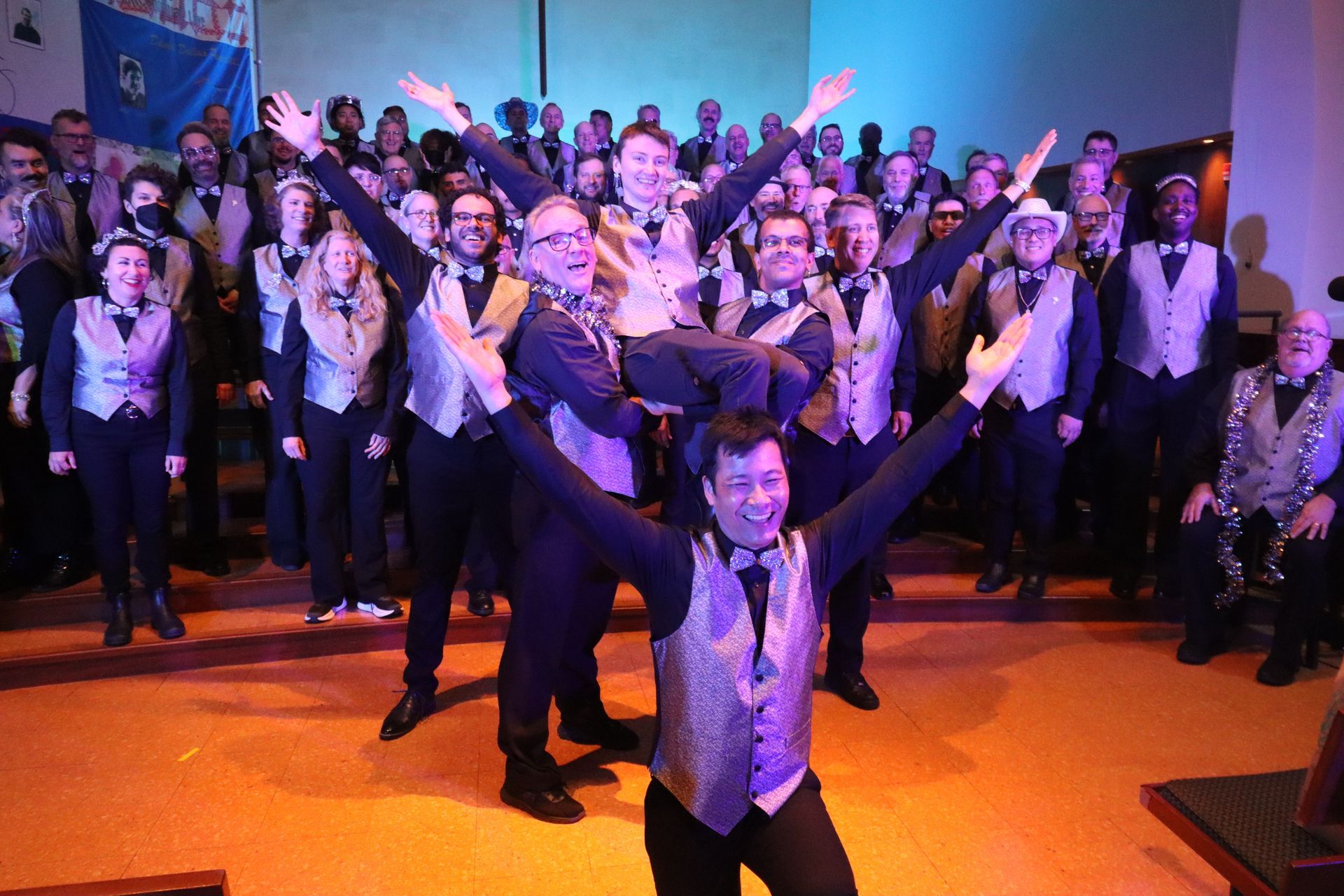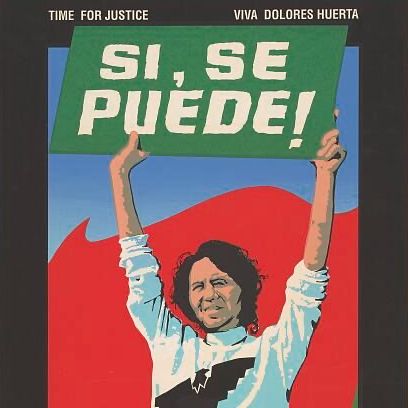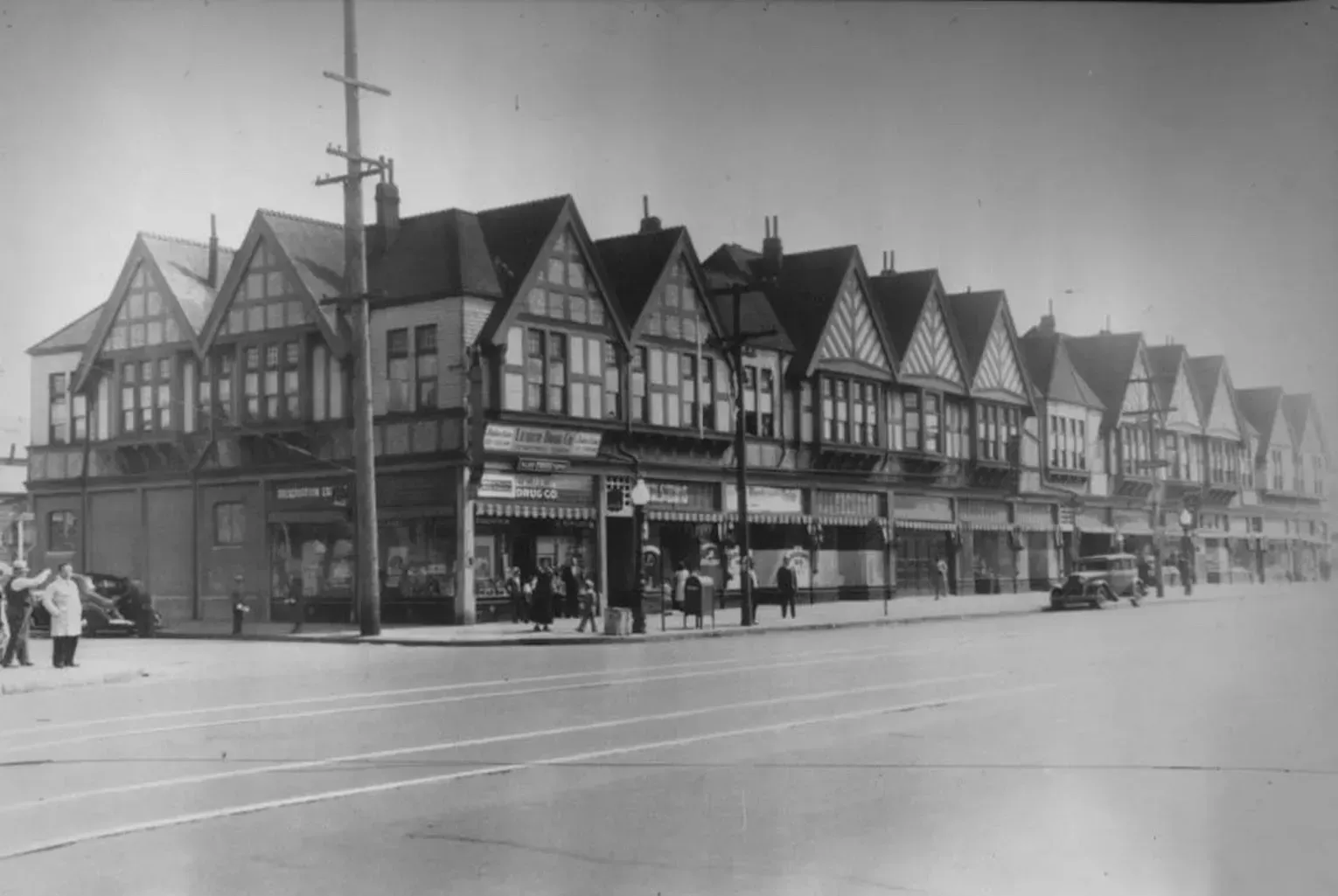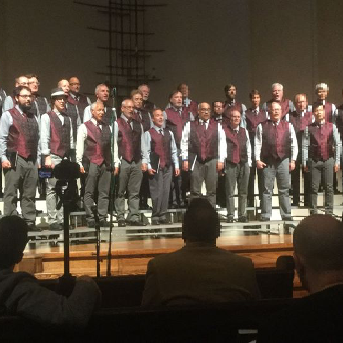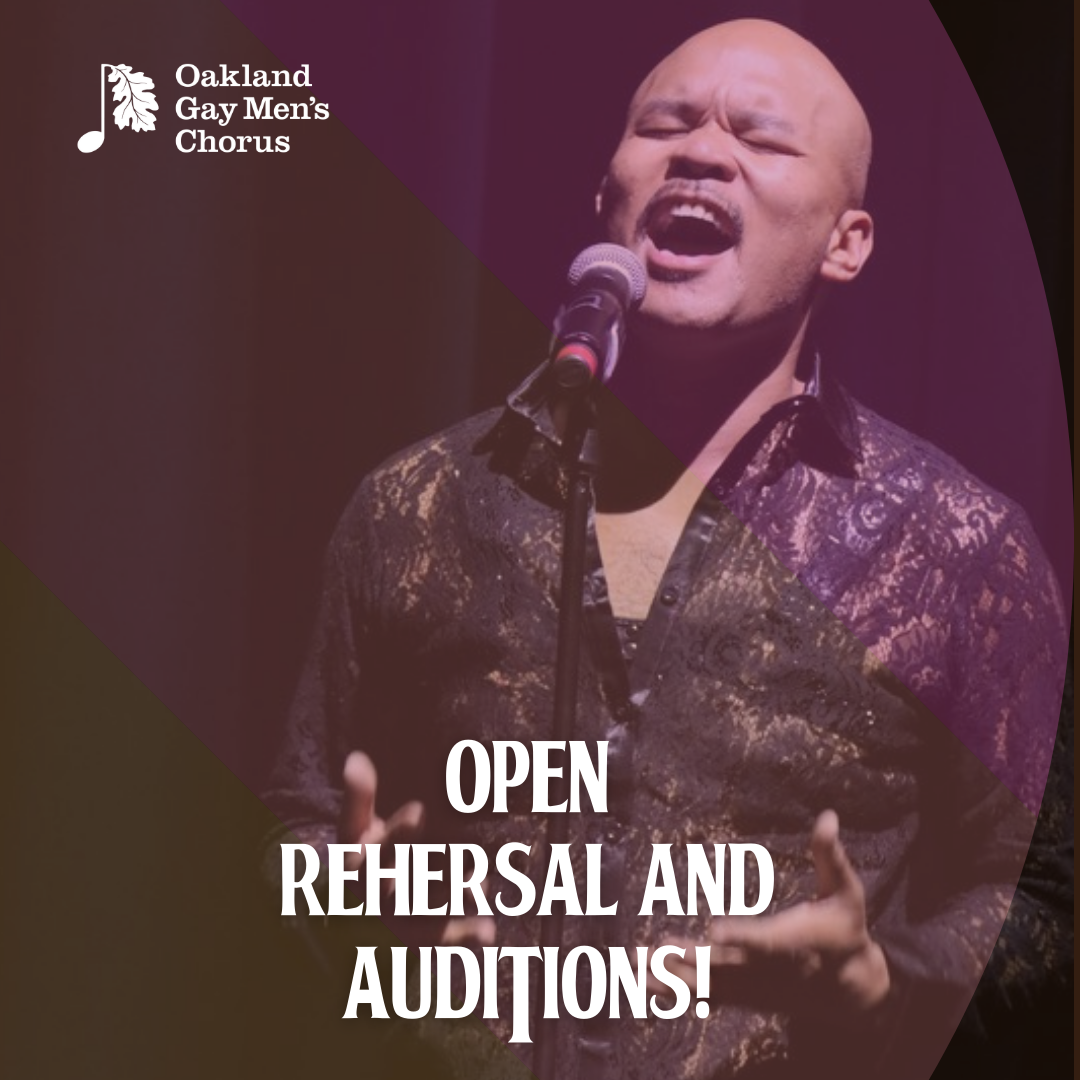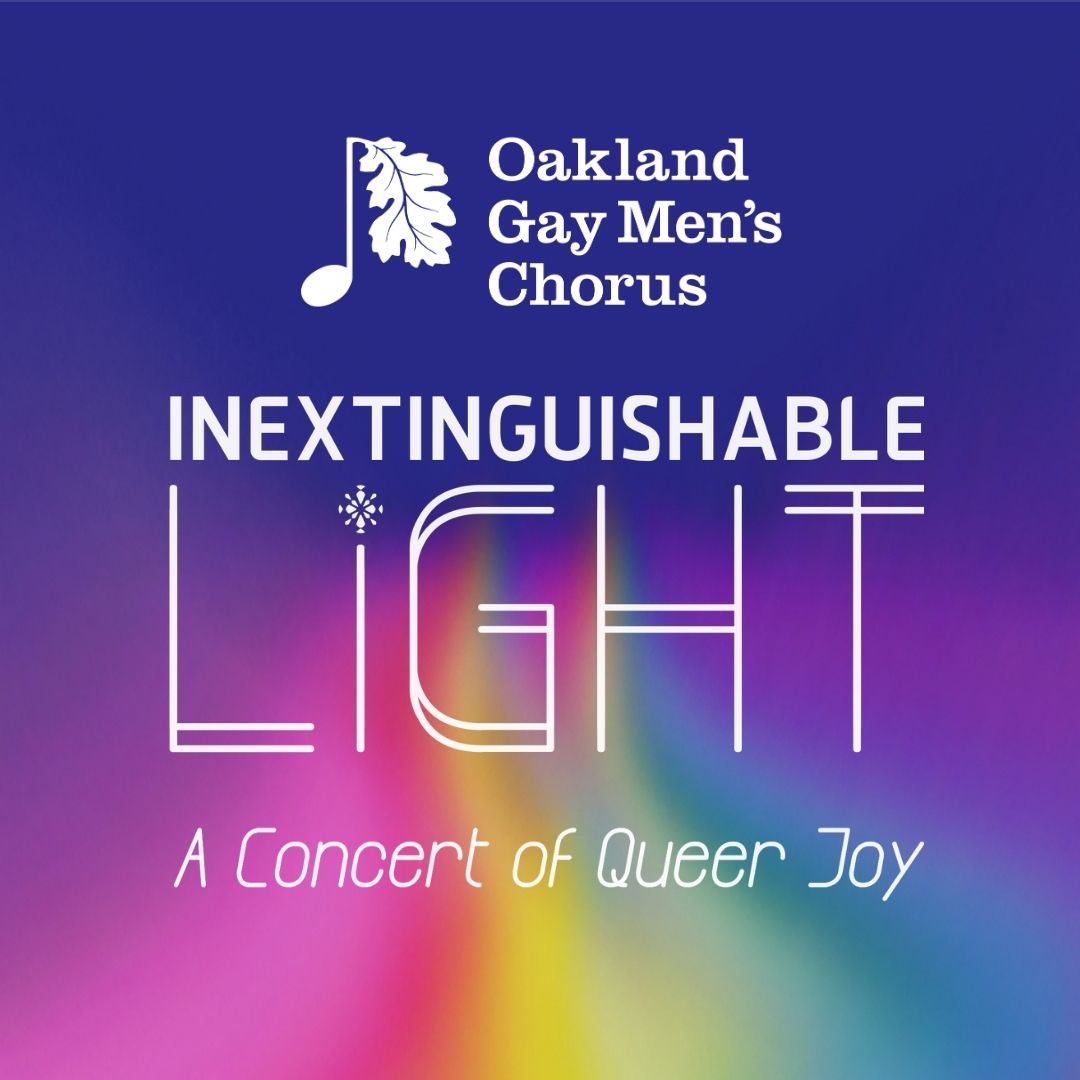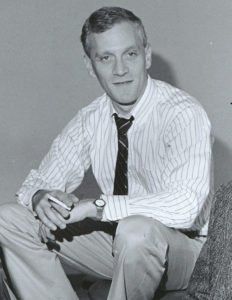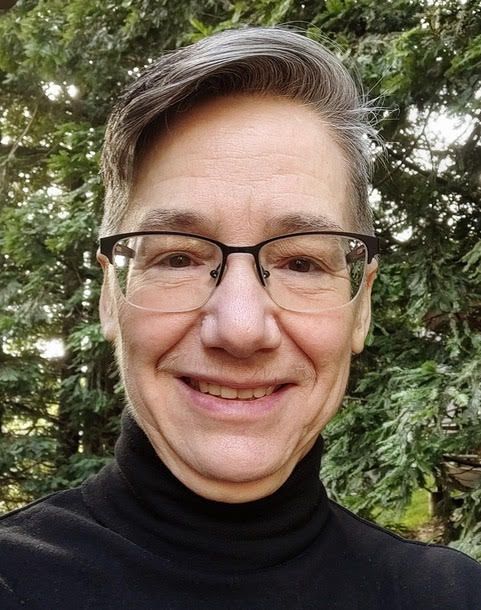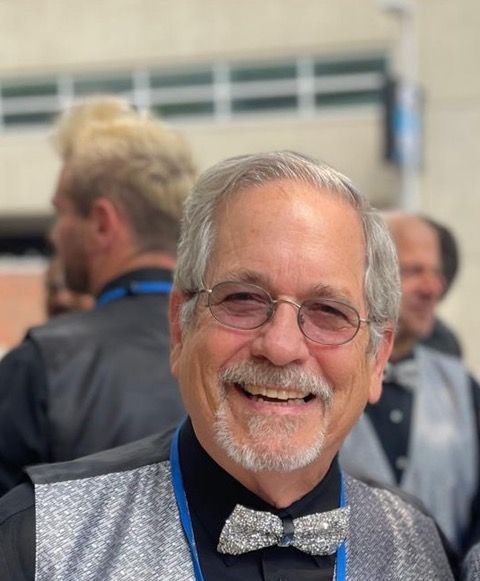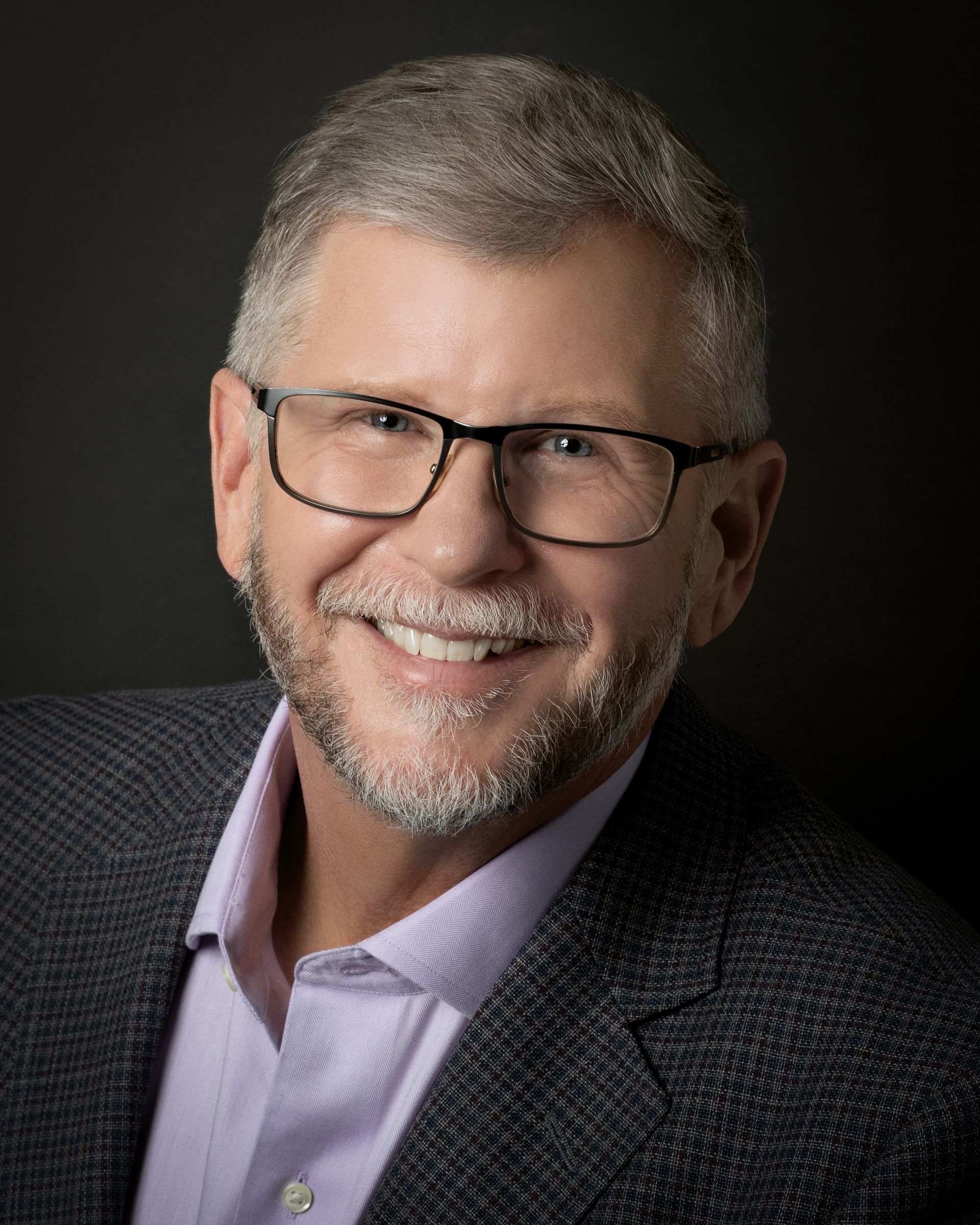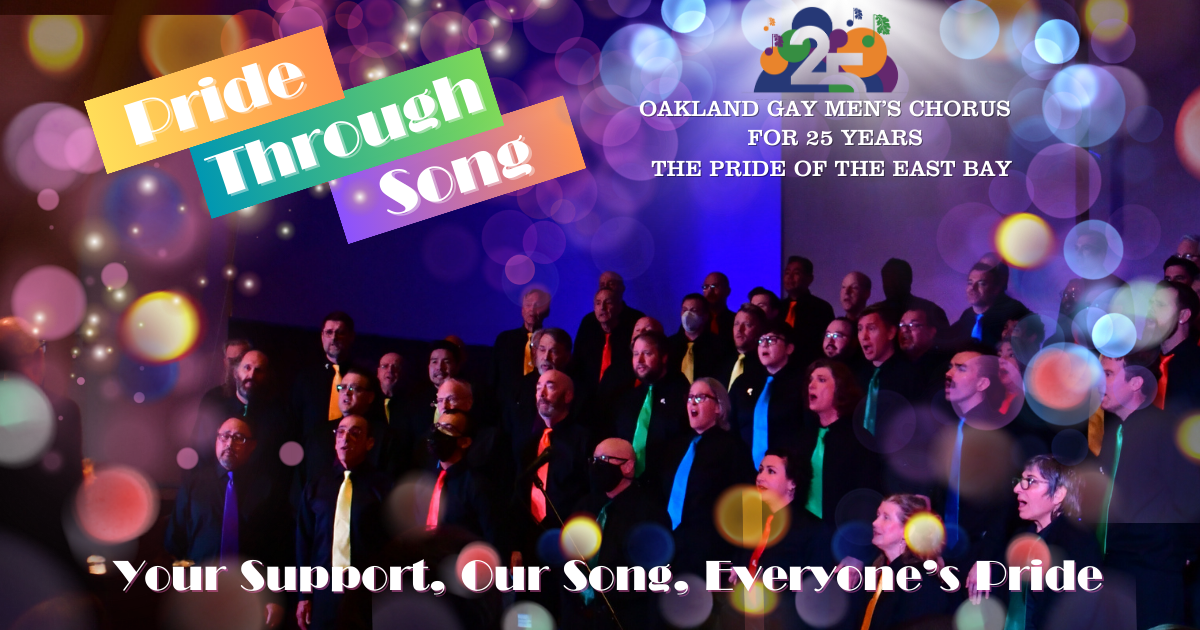This is a subtitle for your new post
Composer Marvin Hamlisch, right, is shown at the piano with lyricist Howard Ashman in New York City on Sept. 9, 1986. Hamlisch wrote the music for the new Broadway show "Smiles," and Ashman wrote the book, lyrics and directed the show. (AP Photo/Nancy Kaye)*[/caption]
"To our friend Howard, who gave a mermaid her voice and a beast his soul, we will be forever grateful. Howard Ashman 1950–1991."
The Oakland East Bay Gay Men’s Chorus’ summer season this year boasts a roster of songs that, at first glance, appear to tug at the heart of any properly Disney-obsessed child or former child. With “Belle” and “Gaston” from Beauty and the Beast , medleys including classics like “Under the Sea” from The Little Mermaid and “Friend Like Me” from Aladdin , and of course “Kiss the BOY” from The Little Mermaid , our program certainly represents the genre well. The theme of our upcoming concert, however, is not Disney, but specifically the songs of Alan Menken and Howard Ashman.
Menken, likely the better known of the two, has a long and illustrious list of credits and, at 68, is still every bit the composer he was at the beginning of his career. His resume boasts eight Academy Awards, eleven Grammys, and one Tony, among many other accolades, and shows no sign of slowing down. Ashman, too, has an impressive list of awards, among them five Grammys and two Academy Awards. The majority of his awards and nominations, however, were awarded posthumously, as Ashman passed away at the tragically young age of 40 from complications of AIDS.
Upon the receipt of Ashman’s posthumous second Academy Award, the audience was filled with celebrities wearing red ribbons on their lapels to recognize the AIDS crisis. Ashman’s partner, Bill Lauch, accepted the award on Ashman’s behalf, and spoke briefly about the home and life he’d shared with Ashman, before going on to note that the award he held was the first Academy Award to be given to someone who had died of AIDS. Even in what could be considered the height of the AIDS epidemic, Lauch’s speech was surprising in its directness regarding Ashman’s cause of death, an illness that still carried quite a bit of stigma and aroused fear in many. Yet both Lauch’s quiet words and the many red ribbons dotting the audience were a deceptively clear, unafraid display of the place that Ashman had held in the hearts of the musical and film communities, and of their ability to look beyond an illness that, for many sufferers, had ostracized them from their families and closest friends.
Our summer program, “Part of Their World,” can be seen as a throwback to childhood, but it is simultaneously a call to our adult selves, the ones who, whether due to being LGBTQ or due to being members of other marginalized populations, have too many times encountered the feeling of having been isolated and shut out from one’s own community. Our program taps into both who we felt we were as children and who we are as adults, and is both a set of sweet songs about love and a way to recognize those of us – both amongst the chorus and in our audience - who have fought through many trials and tribulations to stand where we are today. Thus, our numbers from The Little Mermaid stage the classic story of a mermaid infatuated with someone from a different land, trapped – voiceless – but forging on for love nevertheless, while Beauty and the Beast witnesses two lovers who have always felt alone in their own homes, but who find community with one another.
Howard Ashman passed away in 1991, four days after the first screening of Beauty and the Beast. Our summer program attempts to encapsulate his struggle, as a gay man dying of AIDS in the 1980s, and then magnifies it into all of us as we sing his music. This reflection of his life is perhaps best heard through a piece that comes in the middle of our program entitled “Sheridan Square,” a never-released number written by Ashman and Menken as a response to the AIDS epidemic, and named after the area in the West Village of New York where the Stonewall Inn is located. The third verse goes:
Some of the boys have panic
But none of the boys leave town
They say, We’re on the good ship Titanic
We’re gonna sing ‘til the boat goes down
And if it ended before it started
Well, no one told us that life is fair
And why is it still so quiet
Tonight, on Sheridan Square?
But despite the crushing isolation Ashman and other LGBT people must have felt in this time, the song ends on a hopeful note:
